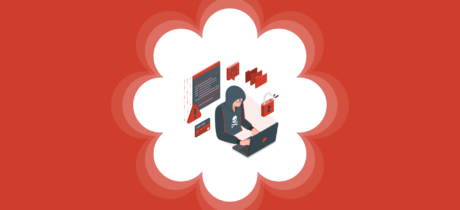
How to Optimize Your WordPress Website for Better Performance
Table of Contents
Is your WordPress website running at a snail’s pace, leaving visitors frustrated and affecting your search engine rankings? Slow-loading websites can lead to higher bounce rates and reduced conversions. The good news is that you can take steps to optimize your WordPress site for better performance without solely relying on plugins. In this article, we’ll explore why your WordPress website might be slow, how to optimize its speed without plugins, and various techniques to increase your website’s overall performance.
Why is my WordPress website so slow?
Several factors can contribute to a slow-loading WordPress website. Bloated code, unoptimized images, excessive HTTP requests, and inadequate hosting are common culprits. Additionally, running too many plugins, especially those poorly coded or unnecessary, can also drag down your site’s performance.
How can I optimize my WordPress site speed without plugins?
- Choose a Lightweight Theme: Opt for a well-coded, lightweight WordPress theme that focuses on speed and performance. Avoid themes with excessive features and functionalities that you don’t need.
- Optimize Images: Compress and resize images before uploading them to your website. Use image formats like JPEG or WebP and consider lazy loading to improve page load times.
- Minimize HTTP Requests: Reduce the number of external scripts and stylesheets, as each HTTP request impacts your site’s speed. Combine CSS and JavaScript files to minimize requests further.
- Enable Gzip Compression: Enable Gzip compression on your server to reduce the size of files sent to visitors’ browsers, resulting in faster page loading times.
- Utilize Browser Caching: Leverage browser caching to store static resources locally on visitors’ devices, reducing the need to reload them on subsequent visits.
How can I increase my website speed?
- Use a Content Delivery Network (CDN): Implement a CDN to distribute your website’s content across various servers worldwide, reducing latency and enhancing load times for global audiences.
- Optimize Database and Database Queries: Regularly clean up your WordPress database and optimize database queries to improve overall site performance.
- Consider Object Caching: Utilize object caching to store frequently accessed data in memory, reducing the need for repeated database queries.
How do I optimize my WordPress URL?
- Use Clean and SEO-Friendly URLs: Choose descriptive, relevant, and keyword-rich URLs for your WordPress pages and posts. Avoid using excessive parameters or query strings in your URLs.
- Implement Redirects Properly: Use 301 redirects to redirect old URLs to new ones, preventing broken links and preserving search engine rankings.
By following these optimization techniques, you can significantly enhance your WordPress website’s performance, leading to better user experiences and improved search engine rankings.
For more comprehensive and professional WordPress speed optimization, consider leveraging our WordPress Page Speed Optimization Service. Additionally, to ensure your site maintains peak performance, explore our WordPress Maintenance Service, where we handle routine maintenance tasks, backups, and security, allowing you to focus on growing your online presence.
Conslusion
In conclusion, optimizing your WordPress website for better performance is essential to deliver a seamless user experience and achieve your online goals. Implement these optimization techniques and explore our specialized services to unlock the full potential of your WordPress site.







